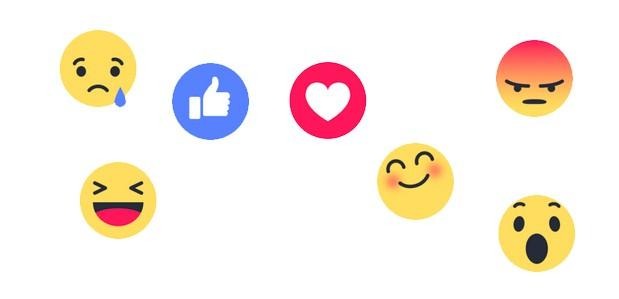Facebook Reactions Is As Close To A Dislike Button As We'll Get (For Now)
Today Facebook begins rolling out their Dislike button – only it's not just about disliking something, this button is all about sending more emotion in your "Likes". This system takes the form of "Reactions", including a number of different icons, including one for Love, another for laughing out loud, and another for showing extreme happiness. An Open Mouth emoji can describe surprise with this system, while a sad face can describe dislike – or more likely Empathy. There's also an Angry Reaction – a red face with eyebrows looking distraught.
Facebook saw the idea of the dislike button as an inherently negative one. According to Facebook CEO Mark Zuckerberg back in 2014, a Facebook Dislike button would be a "force for bad" – not worth the effort, and certainly not worth the headache that'd come from user complaints of harassment with said button.
"That's not something we think is good for the world," said Zuckerberg, "So we're not going to build that."

Today Facebook's Chris Cox shares the following video on what this Reactions release is going to look like. While it might appear that the system is using something like 3D Touch on an iPhone 6S, hovering your finger over the Like button or keeping it pressed for a few moments will result in the same effect. Have a peek at how the icons differ from the ones we've got from Facebook here as well.
Facebook will begin a test barrel of people with this feature in Spain and Ireland, of all places, starting this week. We'll expect this feature to roll out to the whole world before the end of the year – but we'll just have to wait and see.
You may end up seeing these Reactions pop up in your own feed if you have friends in Spain or Ireland, as people are able to use them starting this afternoon. According to Facebook Product Manager Chris Tosswill, "Our goal is to show you the stories that matter most to you in News Feed."
"Initially, just as we do when someone likes a post, if someone uses a Reaction, we will infer they want to see more of that type of post," said Tosswill. "We will spend time learning from this initial rollout and iterate based on findings in the future."
Sound like a good idea to you? What's your reaction?
